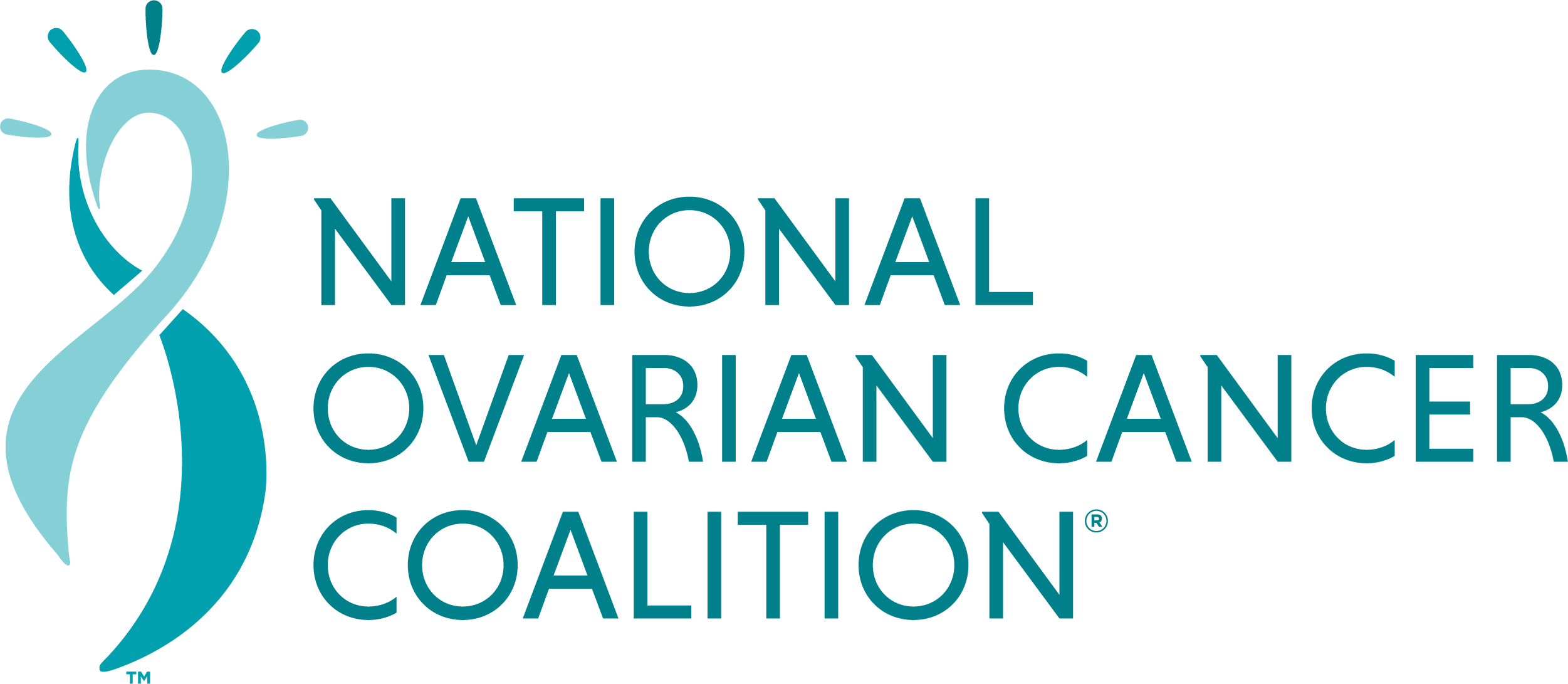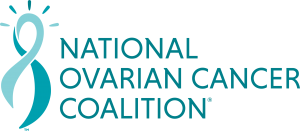Being diagnosed with ovarian cancer can be a frightening and overwhelming experience. It’s natural to feel a range of emotions, including fear, sadness, anger, and confusion. While an ovarian cancer diagnosis can be scary, it’s important to remember that there are effective treatments available, and many with ovarian cancer go on to lead long and healthy lives. If you have recently been diagnosed with ovarian cancer, here are some first steps you can take to begin your journey:
First steps after a new diagnosis of ovarian cancer:
- Find a Support System
It’s important to have a support system in place after an ovarian cancer diagnosis. This may include family members, friends, support groups, or a therapist. Having someone to talk to can help you process your emotions and provide you with the support you need to move forward.
- Get Informed
Learn as much as you can about ovarian cancer. This will help you understand your diagnosis and treatment options. The National Ovarian Cancer Coalition (NOCC) has many resources available to you, including literature, programs, and support groups. You can also talk to your doctor about your diagnosis and ask any questions you may have.
- Choose a Medical Team
Choosing the right medical team is crucial when it comes to treating ovarian cancer. You want to find a doctor who is experienced in treating ovarian cancer and who you feel comfortable with. In most cases, this is a gynecologic oncologist. You may also want to consider getting a second opinion to make sure you are getting the best care possible.
Helpful Link - Seek a Specialist
The Seek a Specialist tool provided by the Foundation for Women’s Cancer offers a comprehensive directory of gynecologic oncologists who are currently practicing.
- Make a Treatment Plan
Once you have chosen your medical team, you can begin to make a treatment plan. This will depend on the stage and type of ovarian cancer you have, as well as your overall health. Your treatment plan may include surgery, chemotherapy, targeted therapy, radiation therapy or a combination of these.
- Take Care of Yourself
Taking care of yourself is important when you are dealing with ovarian cancer. This includes eating a healthy diet, getting enough sleep, and exercising regularly. You may also want to consider trying stress-reducing activities such as yoga or meditation.
Informative Video - Setting Intentions for Your Cancer Journey
- Consider Fertility Preservation
If you are of childbearing age and have not yet had children, you may want to consider fertility preservation before starting treatment. Chemotherapy and radiation therapy can affect fertility, so it’s important to discuss your options with your doctor before starting treatment.
Informative Video - Fertility Issues For Young Survivors
- Make a Financial Plan
Dealing with ovarian cancer can be expensive, so it’s important to make a financial plan. This may include talking to your insurance company about your coverage, looking into financial assistance programs, or setting up a fundraising campaign.
Helpful Service - NOCC Financial Assistance Program
In partnership with the Patient Advocate Foundation, NOCC is here to help reduce the barriers associated with ovarian cancer treatment and clinical trial participation by providing financial assistance for non-medical expenses.
Informative Video - Support for Financial Barriers
- Talk to Your Loved Ones
Talking to your loved ones about your diagnosis can be difficult, but it’s important to keep them informed. They can provide you with the emotional support you need and help you through the treatment process.
Useful Resource - Talk About It - Family Health History
Learn important information about your family’s health history to better understand your own well-being. This resource provides essential facts and interesting questions that can help you have meaningful conversations about your family’s history of cancer.
Frequently asked questions about ovarian cancer
What are the side effects of treatment for ovarian cancer?
The side effects of treatment for ovarian cancer can include nausea, vomiting, hair loss, fatigue, and a weakened immune system. Your doctor can work with you to manage these side effects.
What is the prognosis for ovarian cancer?
The prognosis for ovarian cancer depends on many factors, including the stage of the cancer, the type of ovarian cancer, and the overall health of the patient. With effective treatment, many with ovarian cancer are able to live long and healthy lives.
Will I need to change my lifestyle after an ovarian cancer diagnosis?
Maintaining a healthy lifestyle can help improve your overall health and well-being during and after treatment for ovarian cancer. This may include eating a healthy diet, exercising as allowed, and avoiding tobacco and excessive alcohol consumption.
How can I cope with the emotional impact of an ovarian cancer diagnosis?
Dealing with an ovarian cancer diagnosis can be emotionally challenging. It’s important to talk to your doctor, family, and friends about your feelings and seek support from counseling, support groups, or other resources.
Is there a cure for ovarian cancer?
There is currently no cure for ovarian cancer, but with effective treatment, many are able to manage the disease and live long and healthy lives. Ongoing research is also underway to develop new treatments and improve outcomes for those with ovarian cancer.
Newly Diagnosed with Ovarian Cancer?
Reviewed and updated | July, 2023



